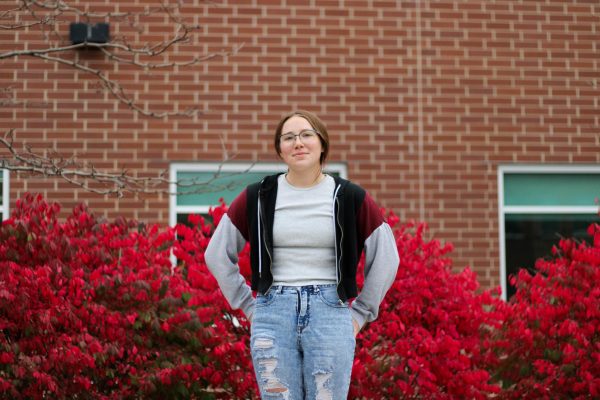At the Orbis building, Teacher Academy students were excitedly working on their lesson plans preparing to student teach at local elementary schools. Some students were practicing explaining the water cycle while others were preparing an engaging slide show relating to a childhood favorite book, “The Very Hungry Caterpillar.”
Teacher Academy is offered at Orbis which is located at Northview Middle School. According to the Ankeny Community School District’s (ACSD) website, Orbis is a work-based learning program that presents the opportunity for students to engage in real world projects.
“I like doing school differently,” Orbis Project-Based Experience instructor Kim Moyle said. “I want that opportunity for kids to not just sit in a seat and get information. I want them to interact with it. I want them out of their seats. I want them to learn by doing instead of just reading a book.”
In the 2024-2025 school year, four different courses are offered at Orbis, Orbis Project-Based Experience (PBE), Orbis Internship, Career Exploration and Development (CED), and Teacher Academy. Each course offers authentic learning experiences where students take the lead and their teachers or mentors are there for support and guidance.
“When it is project based learning, students take more ownership of their learning, and they seem to invest more into it,” Teacher Academy and science teacher Kristen Campbell-Blumhagen (CB) said.
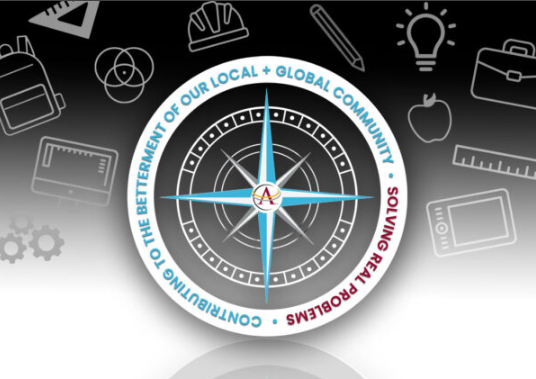
“We need to better prepare kids for what comes after high school,” Moyle said. “Whether that means you’re going to the trades, whether you’re going straight to work, whether you’re going to college for a two year or four year degree, we need to do a better job of having [students] prepared and getting [students] excited about what comes next”
The first six weeks of Orbis PBE are spent teaching students fundamental life and work skills, using systems like design thinking and SCRUM, which help to discuss challenges, improve collaboration, and create innovative solutions. These are all skills that will help students become leaders.
“Do you have grit when things get tough?” Moyle said. “Do you persevere? Do you keep going? Do you take initiative when there’s something to be done? Do you figure out what needs to be done? That’s leadership.”
Once these skills have been developed students move on to work on projects with industry partners.
“Everything they’re doing is for a real project outside of our school,” Moyle said. “That has some real ownership. This is something someone is depending on you to complete. It’s not just a paper you’re turning in for yourself.”
When deciding projects students have the opportunity to choose a project from a list that they would like to do or choose the team they would prefer to work with. Currently Orbis PBE has around 45 teams out of all three sections working on different projects. To secure all these projects Orbis instructors approach business professionals.
“When we pitch it, we’ll tell a company or a charity we know you have your everyday projects, the things your employees are working on. What are those things you would love to get to someday?,” Moyle said. “Give us those projects, give us those problems, let us think through it.”
Students were able to work on a project with an Orbis PBE client that was a runner, and they designed a new sports bra because where the port is for chemotherapy was uncomfortable with current designs.
“We did one where there were several charities in Ankeny that were all in different locations, and they worked to help negotiate a joint space, and [the charities] could save money by all being in a central location which was more convenient for people to get access to,” Moyle said.
At the end of each project, based on what the student and provider decided the end goal is, students will present to their provider over what was accomplished.
“We also have them self assess, and then we follow up with our assessments, and we have some one on one conversations,” Moyle said. “We’re just in the process of working through those one on ones where they set a goal for themselves. Where do you want to grow? In these three areas? And then how can we help them in that growth?”
Then, Orbis-internship is the next step after taking Orbis PBE or Career Exploration and Development (CED). Orbis offers internships to students as well as students can bring their own.
“We also have pre-apprenticeships,” Moyle said. “So people who are looking to go into the trades. We have a lot of partnerships already started, established that they can start and go right into it after they’ve finished high school.”
Orbis PBE is an opportunity for students to get outside of the classroom and build partnerships with local and non-local businesses.
“Being a part of Orbis, you strengthen a different skill set, because you are interacting with professionals in the community,” Jill Urich Ankeny Schools’ Director of Postsecondary Readiness said. “You are problem solving with peers. You’re learning a lot about yourself and the strengths that you contribute to a team, and you’re becoming a leader.”
From what it seems students enrolled in Orbis PBE are not there to fill a graduation requirement, they want to be there and they want to have an impact on the community.
“I have some students in Orbis that say, ‘this is the only part of my day that I feel like it makes a difference,’” Moyle said.
Teacher Academy
While high school students seemingly enjoy school, some can even envision themselves being on the other side of the desk up by the whiteboard teaching a lesson or assisting a student on their vocabulary. Yet, as data reports the number of students going to college to get a bachelor’s degree in education is decreasing.
According to Pew Research Center in 2019-20 colleges and universities gave 85,057 bachelor’s degrees in education, compared to 2000-01 when 105,000 bachelor’s degrees in education were given.
Teacher Academy offers students the chance to get a head start on developing the skills necessary to be an educator with a chance that they will return to teach in the Ankeny Community School District (ACSD).
“There’s a certification from the state, and we started them this year with their checklist of things to prove that they’ve gone through these,” CB said. “They have seriously, a considerable amount of those things checked off already in the first nine weeks.”
At the beginning of the year students discuss the evolution of education and why it has needed to change along with the purpose of education and what it is truly like to be a teacher.
“We talk about breaking down the standards,” CB said. “Then they have the lesson plan, and they have to present lessons to build their confidence and what they’re delivering.”
Teacher Academy students also work on collaboration creating their lesson plans with a peer. This is a key part of the class because in the education field teachers are in teams of their core areas and they work together with the focus of doing what is best for students.
“We’re doing a lesson plan on food chains with kindergartners, and we’re doing this based off of the standard about describing patterns about what plants and animals use to survive,” senior Sofia Graber said. “We’re going to have multiple ways for students to practice, they can make a food chain, and we will have] a fun snack idea so they can get excited about learning.”
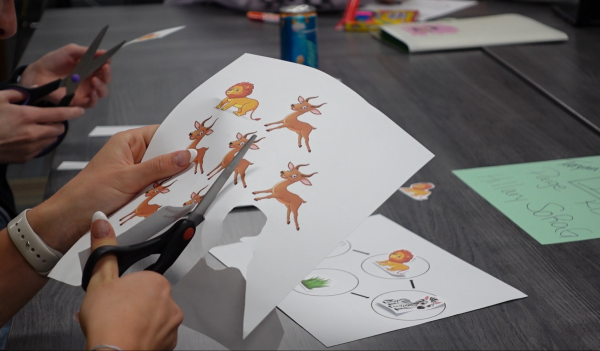
Students also get to look at ways to problem solve outside of lesson plans, considering education as a whole.
“For example, we have noticed an uptick in tardies or [we] notice that absences are becoming chronic,” CB said. “So [students] look at the data and decide what are the reasons for that, and how would we go about that.”
Furthermore, these analytical skills students develop in the secure environment of Teacher Academy then transfer over to when they are student teaching in front of a classroom.
“Even as [the student] was teaching, they shifted their lesson plan because of the feedback that they were getting from their students,” CB said. “To see that that was amazing, they knew what they were looking for, they knew how to recognize it, and they knew that they weren’t getting what they wanted. So they totally avoided it, and to see kids learning that at such an early stage in their teaching career was awesome.”
Teacher Academy students also get to hear from people that are a part of the school community that they may have never met, but would have to work with as a teacher.
“We have Ken Morris [ACSD Chief Diversity Officer] come in and talk about diversity and ethics,” CB said. “We have had speakers in the past for social emotional learning.”
Once students complete Teacher Academy they can do a teacher internship and co-teach for up to three periods a day, or they could get their paraprofessional certificate.
“Almost everybody in my class period is working towards their certification to be an associate. So when they go to college, they can go work in an elementary middle school as an associate and also school at the same time,” CB said. “And associates right now can earn up to $15 an hour so that’s a really good side job for students who are in education and want to stay connected with education.”
The certificate could also bump up the pay-scale if students work in a before and after school program, instead of being a monitor they could become a lead.
Nationally people are experiencing a teacher shortage and the Department of Education even lists teacher shortage areas. Also, from what it seems Teacher Academy is not only an engaging class where students learn many beneficial skills, but it could also aid in bringing more teachers into ACSD buildings.
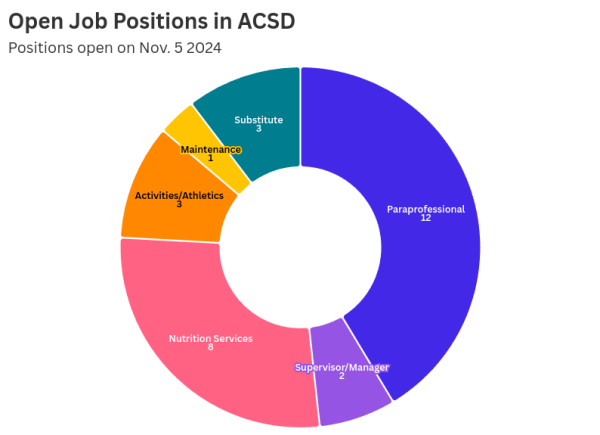
“We need great teachers in Ankeny schools, and we would love the idea of having some kind of a pipeline with our alumni,” Urich said. “So this Teacher Academy course happens to be the introductory course that education majors take. You earn DMACC credit for it. It’s a great way for you to kind of test drive the idea of being a teacher to see if it’s something you’d like to pursue long term.”
Universal skills students develop from participating in Orbis courses
According to the Orbis website, the name, Orbis, came about through 2017 secondary students that believed when each student goes through elementary, middle, and high school they are a compass, and in Latin Orbis means compass.
Yet, from what sources have said about the classes and skills students learn the symbol does not stop there. Orbis students learn reliable ways to lead teams and problem solve by creating innovative solutions, these skills just like a compass will guide students through their secondary pathway and help them achieve what they consider to be success.
“You might learn to take these skills, like working with other people, learning how to build those relationships, being able to talk in front of your group that you don’t know, and use them in any environment,” CB said. “I think I would have liked to have had that. I would have liked to have somebody talk to me about goal setting and getting it done and making deadlines.”
Not only are students motivated to exceed but on the contrary due to these challenges they may experience hardship, but this does not go without notice and is not necessarily a bad thing.
“Fail forward. Keep failing,” Moyle said. “We don’t want kids to be scared to make mistakes. You’re going to make mistakes. Things aren’t going to go right. That’s okay. That’s part of life. Where do you move forward from here?”
Students are not alone in overcoming failure as well.
“They have a lot of self reflection to view themselves,” CB said. “And I think that sometimes kids go down the rabbit hole and are too hard on themselves, [then instructors] could be like okay, that wasn’t how I saw it, and it really helps them to learn the skills for a healthy reflection of themselves.”
Project-based learning is growing and ACSD is growing with it. Orbis is just the first step, the next one being the innovative hub.
“Our district is charted to open [the innovative hub] in the fall of 2028 so right now, if you think of Orbis as version 1.0 we’re thinking of the hub as version 2.0,” Urich said.




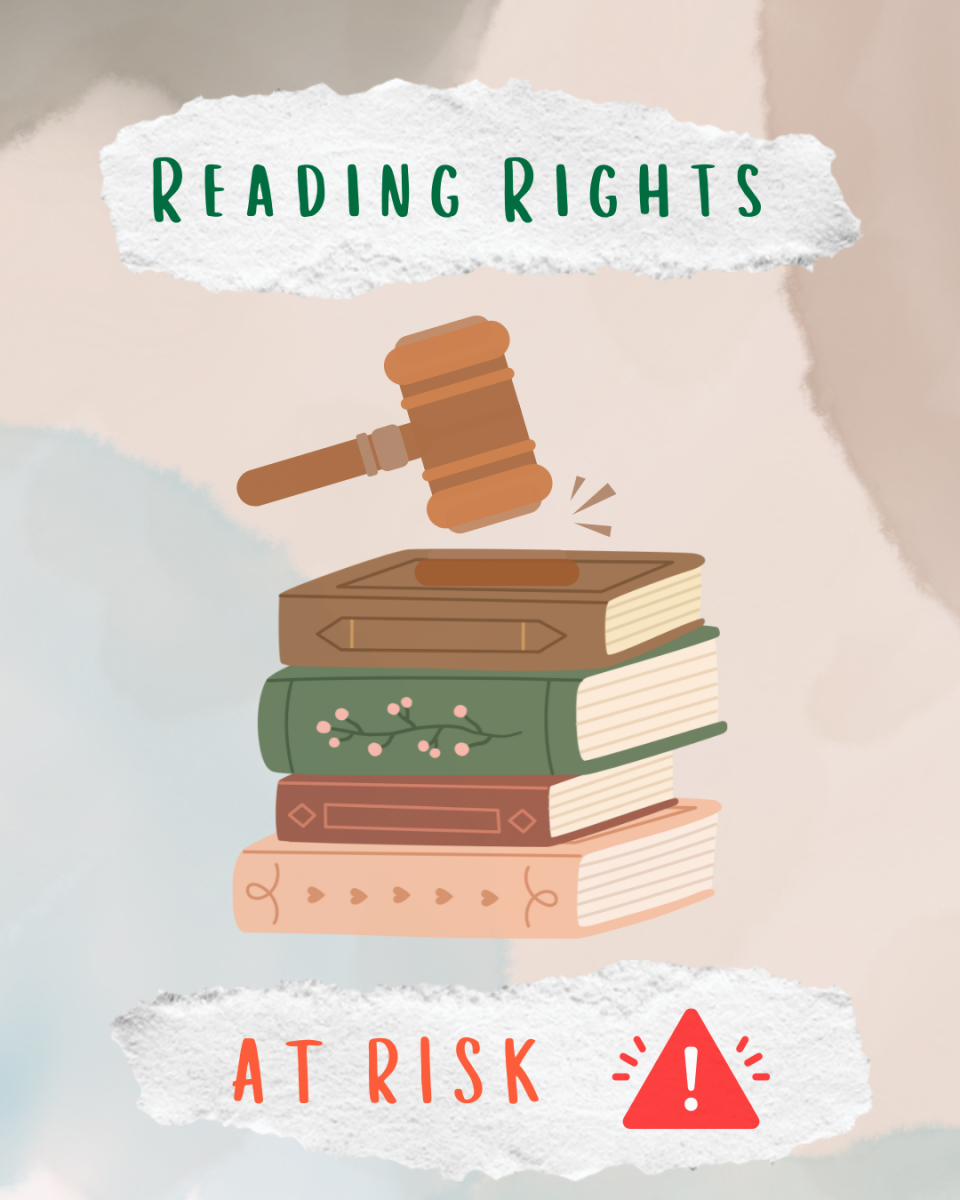




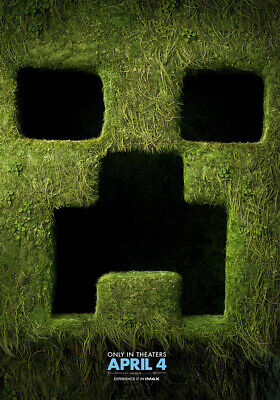









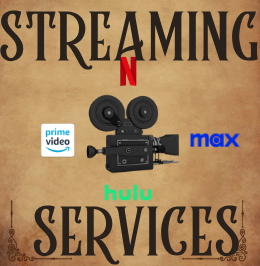
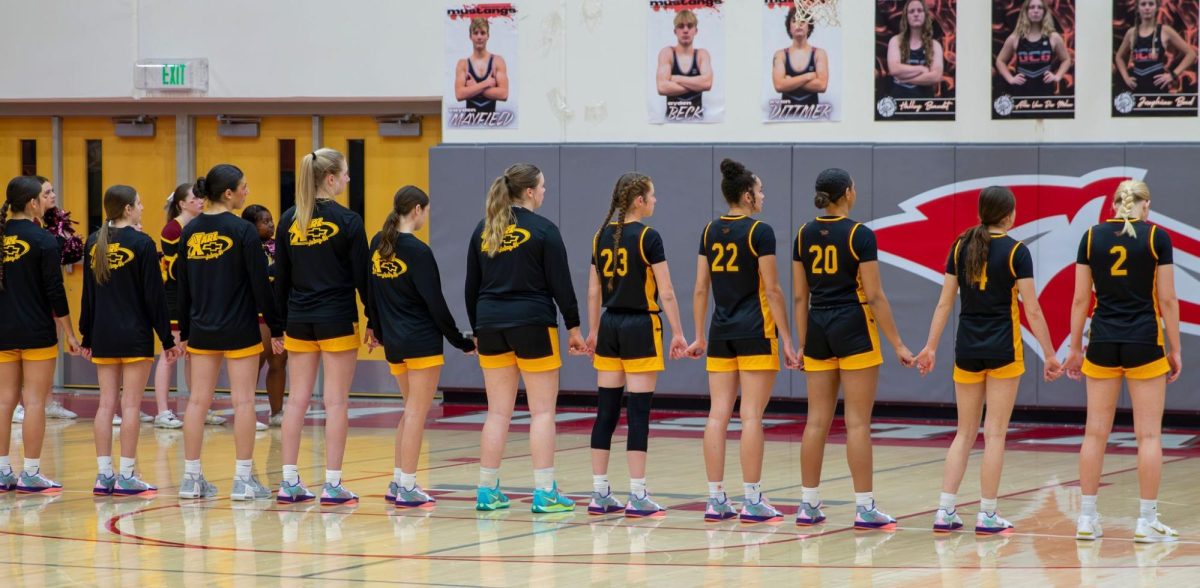
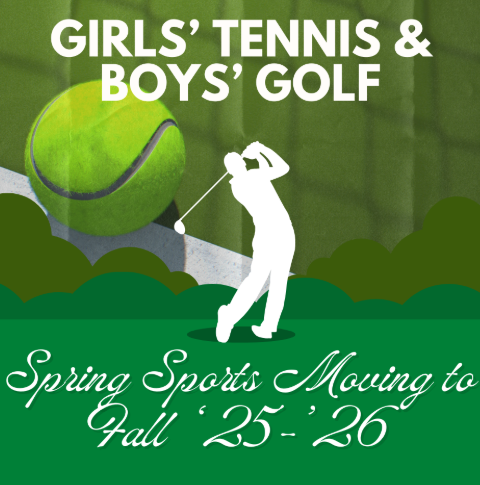

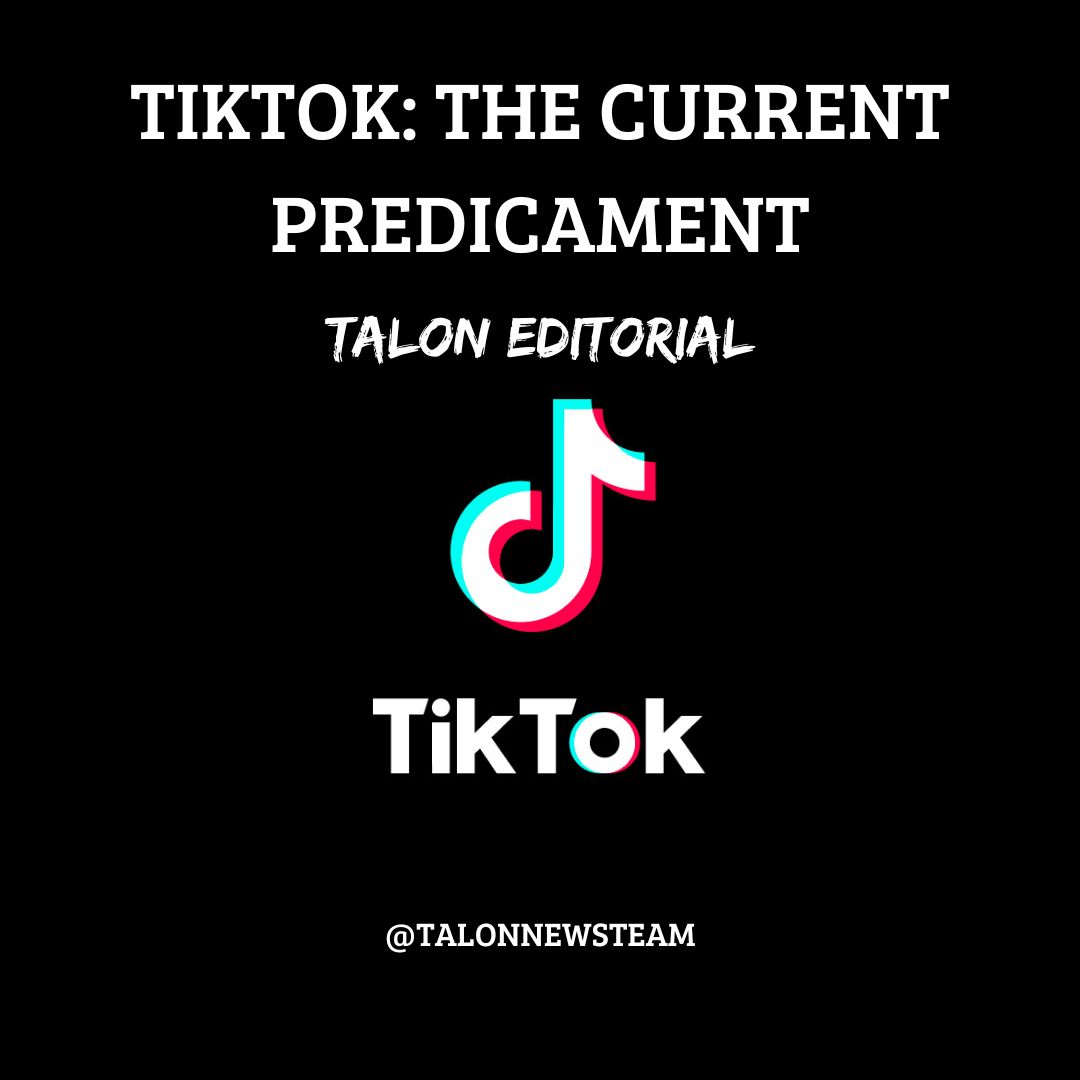


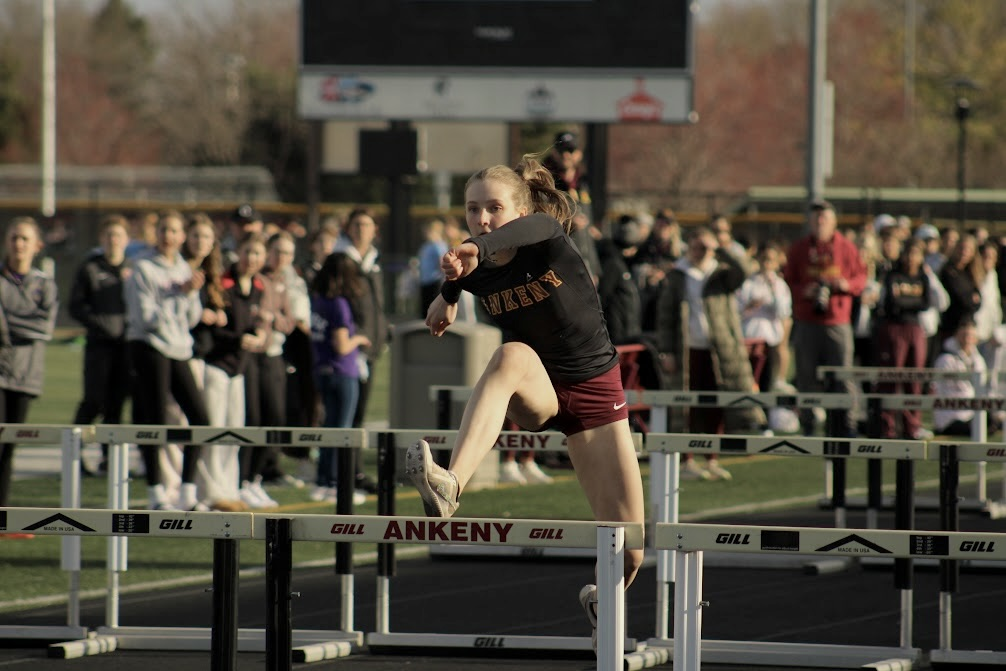

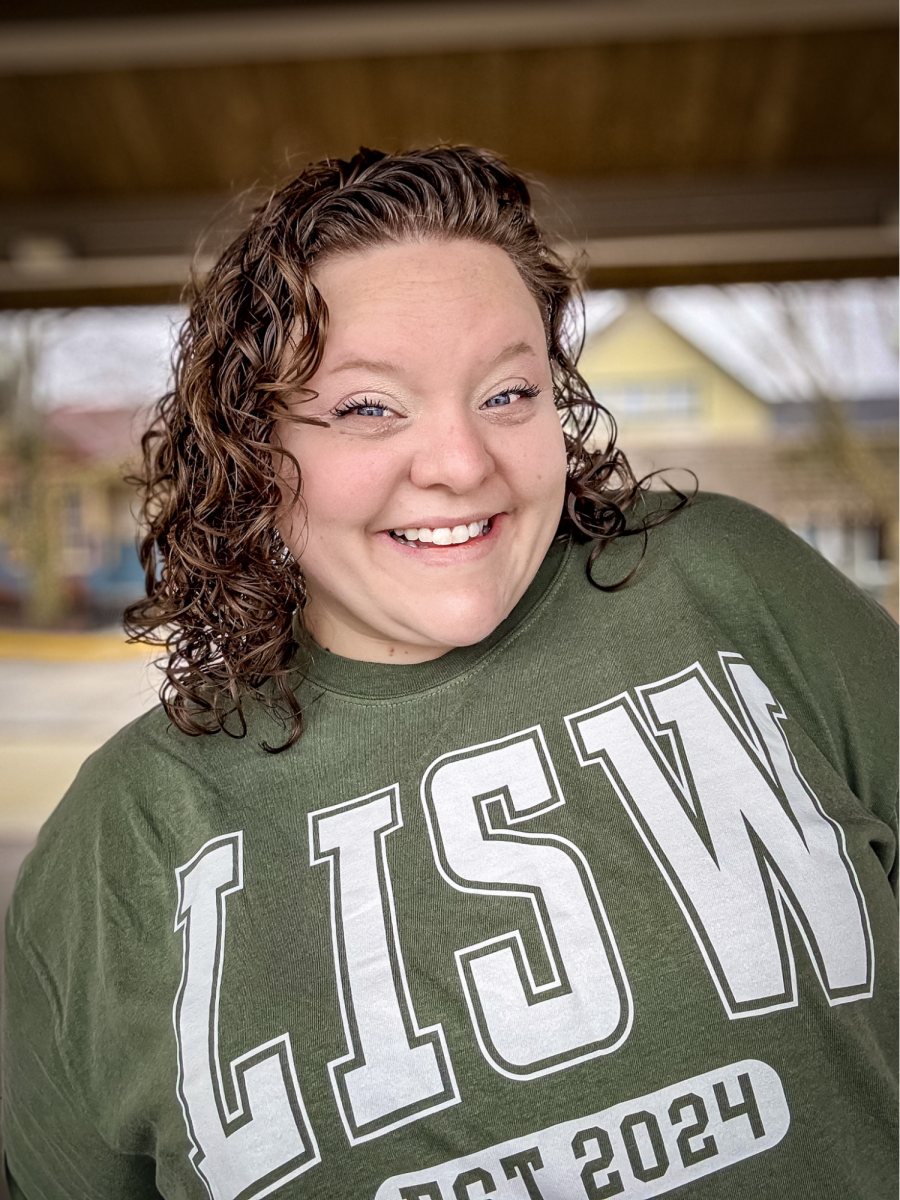

![Bing talking about the plan for the day with her students in one of her AP Biology courses. “If I wasn't passionate about working with students, I don't think [I’d stay in teaching], but no, it's absolutely the students that I have that [make it worth it,” Bing stated. Photo taken by Sylvia Bartlett.](https://ahstalonnews.com/wp-content/uploads/2025/04/bing.jpg)
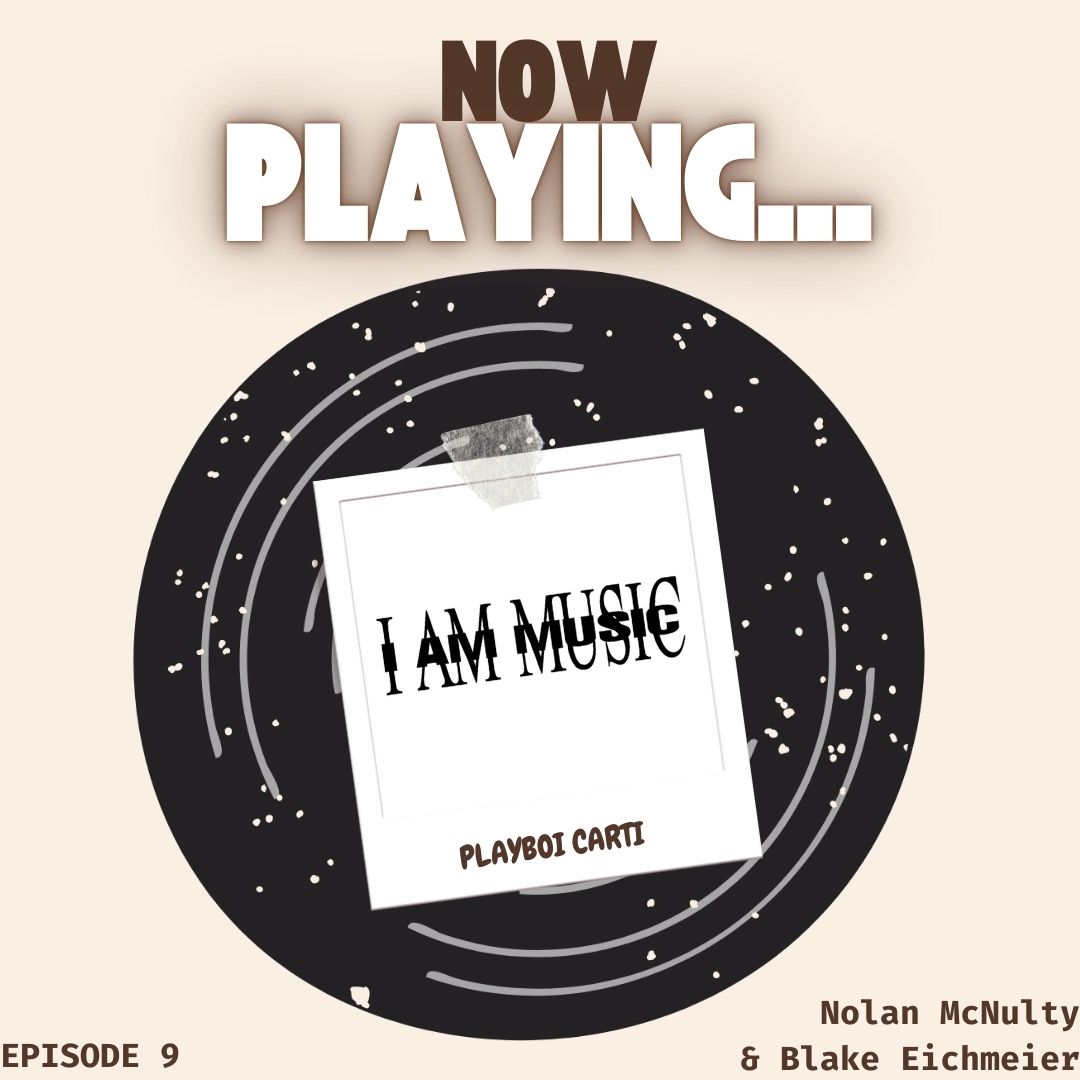




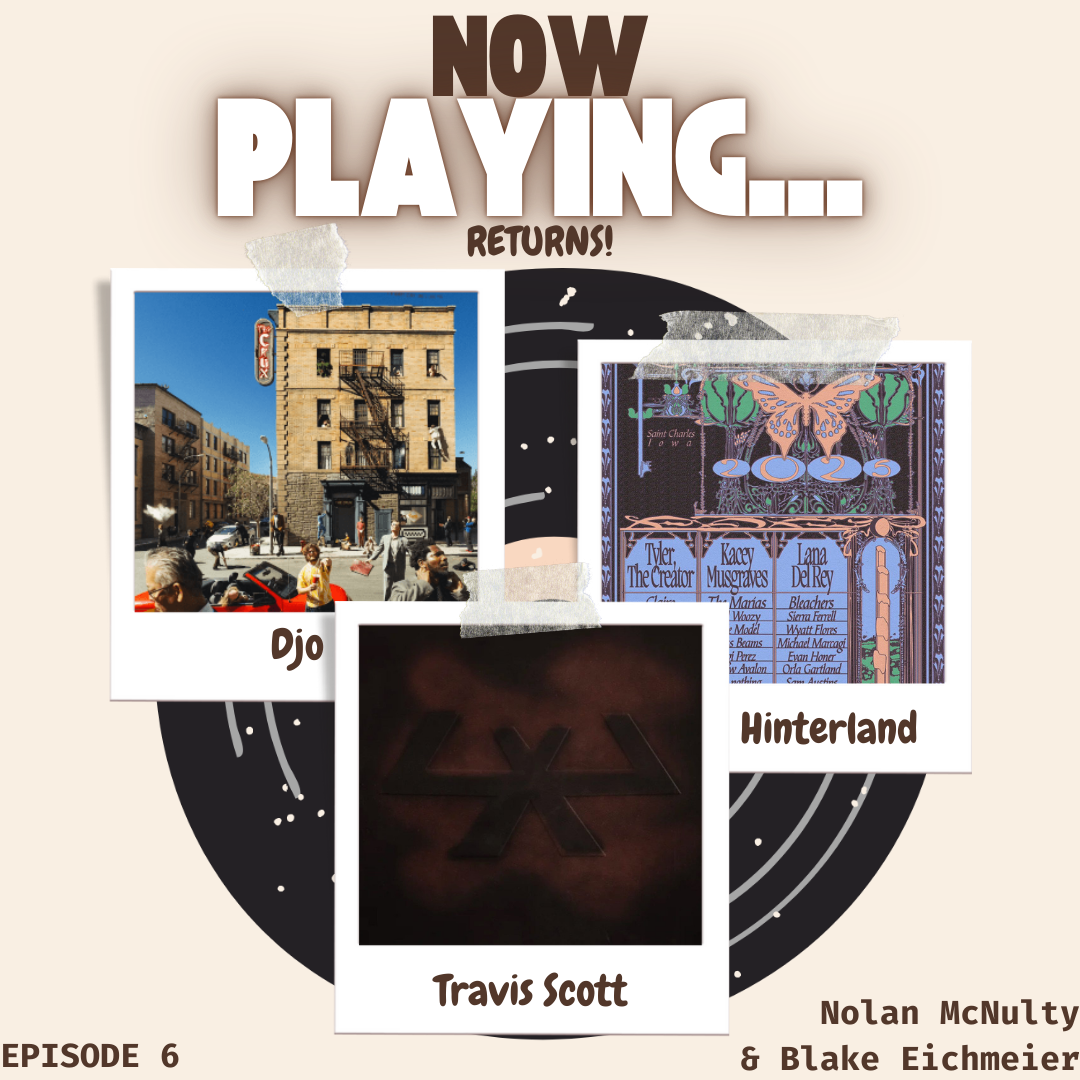

![Teacher Academy students from Ankeny Centennial, juniors Parker Wilson, Tony Mandolfo, and Sophia Royster develop their lesson plans that will be presented to the class. “[Teacher Academy students are] getting the experience of actually seeing if this is a career. They're getting that time in the classroom,” Teacher Academy and science teacher Kristen Campbell-Blumhagen (CB) said.](https://ahstalonnews.com/wp-content/uploads/2024/11/centennialstudents-1200x683.png)

